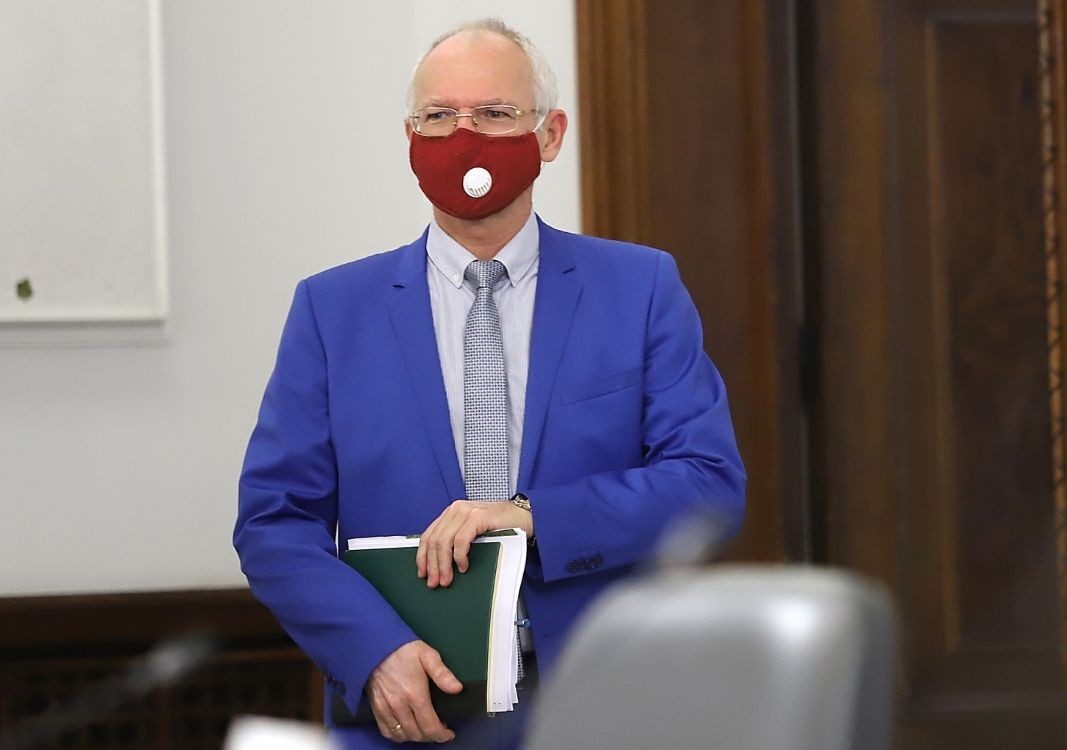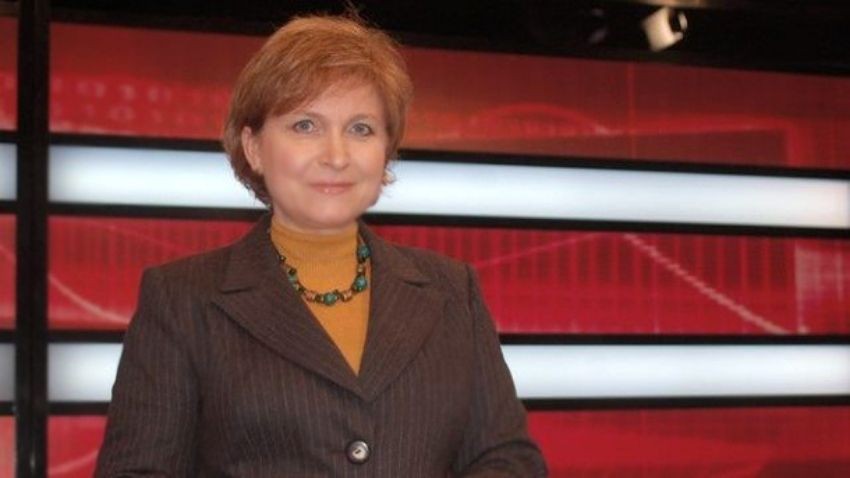The Bulgarian economy registered a 10% decline over the second quarter of 2020 compared to the first three monthsof the year, indicate National Statistical Institute data. How are businesses operating in the conditions of recession, pandemic, and political crisis?
The answers to these questions – from Vasil Velev, President of the Bulgarian Industrial Capital Association and Eleonora Negulova, chair of the management board of the National Association of Small and Medium Businesses in interviews for the BNR’s Horizont channel.
“The world was already in crisis before coronavirus,” says Vasil Velev, President of the Bulgarian Industrial Capital Association. A year ago, months before the outbreak of the pandemic, he commented for the BNR that the question of crisis was not on industry’s agenda because it was already a fact. Now his words may seem prophetic, though in actual fact they were the result of solid economic facts – a reduction in company commissions and sales, stagnation in exports, a decline in industry in the countries of Western Europe. In Vasil Velev’s words, now everyone – international financial institutions and governments – have the pandemic as an excuse for the mistakes they have made.
Social policy is not something that is conducted by way of minimum wages, Vasil Velev says. That is why big business does not want to see the implementation of the planned increase in minimum wages and in the minimum thresholds for social security contributions for next year. And gives his reasons why he wants minimum incomes in Bulgaria frozen:
 “This is a plan that was drawn up when the outlook was of an increasing GDP growth rate, which was supposed to be 3.4% this year, but according to the European Commission instead of growth we shall have a decline of about 7%, i.e. a more than 10 percentage point difference compared to forecasts. With the current decline in sales and in GDP no minimum wage increase is to be expected so that more low-skilled workers can be hired.”
“This is a plan that was drawn up when the outlook was of an increasing GDP growth rate, which was supposed to be 3.4% this year, but according to the European Commission instead of growth we shall have a decline of about 7%, i.e. a more than 10 percentage point difference compared to forecasts. With the current decline in sales and in GDP no minimum wage increase is to be expected so that more low-skilled workers can be hired.”
Liquidity injections into the economy are indispensable, Vasil Velev says. “There is a huge delay but we can at least try not to make it any bigger. That is why whenever there is a crisis there is a budget surplus.”
In Vasil Velev’s words the unemployment support measure is not being applied properly in this country compared to the other European countries, that is why the unemployment growth rate in Bulgaria is 8 times higher.
Amidst two-months of anti-government protests in the country, two businessmen stated they had been the target of massive inspections by various institutions because members of their staff had taken part in the protests. However, the Bulgarian Industrial Capital Association has not been approached for support, Vasil Velev said and added that the association is preparing a position on the matter.

“The right to protest is protected by law,” says Eleonora Negulova, chair of the management board of the National Association of Small and Medium Businesses. She is adamant that as an employer she would never restrict the will of her staff to take part in protests in order to keep the business running smoothly. In an interview for the BNR Eleonora Negulova specifies that small businesses in the country have been protesting for a long time over the small number of measures in support of micro-enterprises with no hired staff.
“These are family companies where people work 10-12 hours a day.” Many of the micro and small enterprises are on the verge of bankruptcy, and the support measures targeted at them are not working at all, the head of the National Association of Small and Medium Businesses says.
Interviews with Vasil Velev and Eleonora Negulova by Vesselina Milanova and Marta Mladenova for the Bulgarian National Radio’s Horizont channel.
Edited by Elena Karkalanova
Photos: BNT, BGNES
Transformation – this is the word that most accurately describes the current state of the Bulgarian industry. According to an analysis of sectoral data for the period from 2008 to the beginning of 2024, made by the Institute for..
Tourism is one of the sectors in Bulgaria ready to the greatest extent to smoothly continue working after Bulgaria joins the Еurozone , the executive director of the National Tourism Board, Dr. Polina Karastoyanova, believes. In tourism, and at this..
Bulgaria can be a strategic partner of Japan for the region of Eastern and Central Europe. This was stated by Bulgarian President Rumen Radev as he welcomed the participants in the business breakfast organized by the Japan-Bulgaria Business..
In 2024, the real estate market in Bulgaria registered a significant rise, with prices increasing by around 16%, and the number of real estate..

+359 2 9336 661
